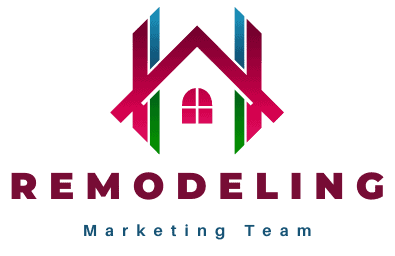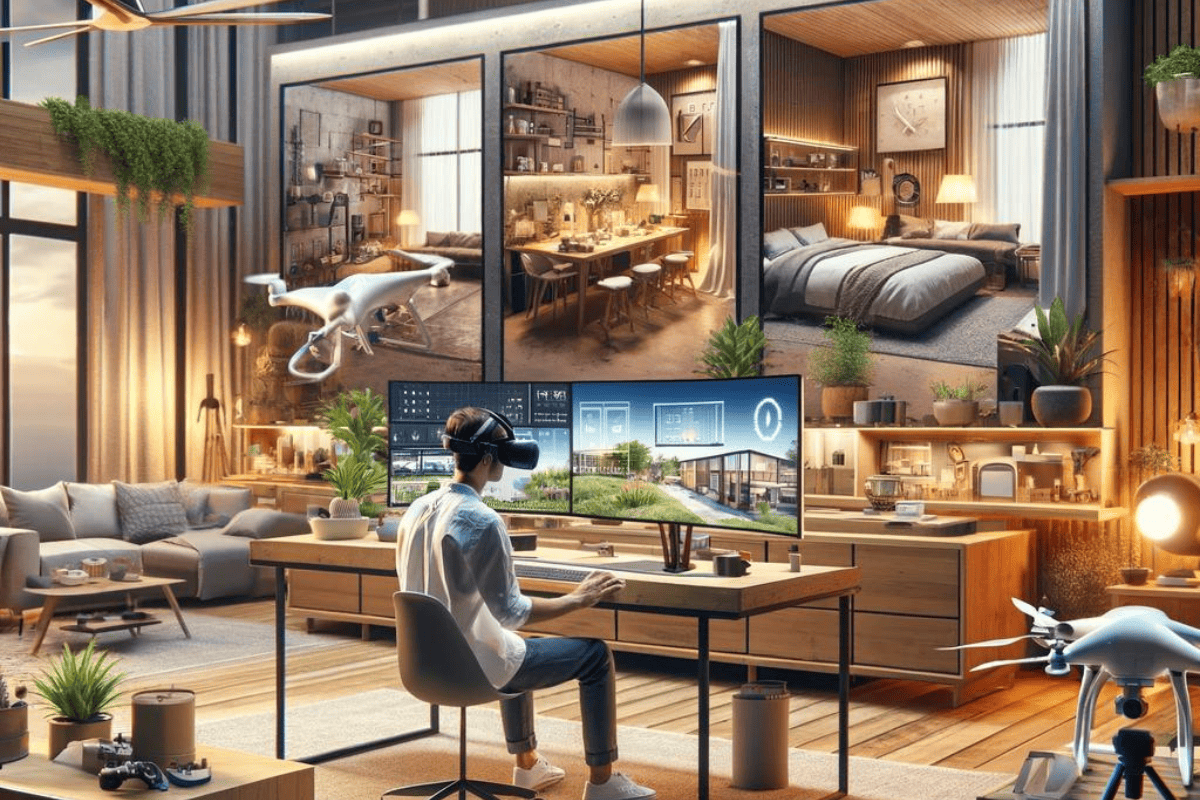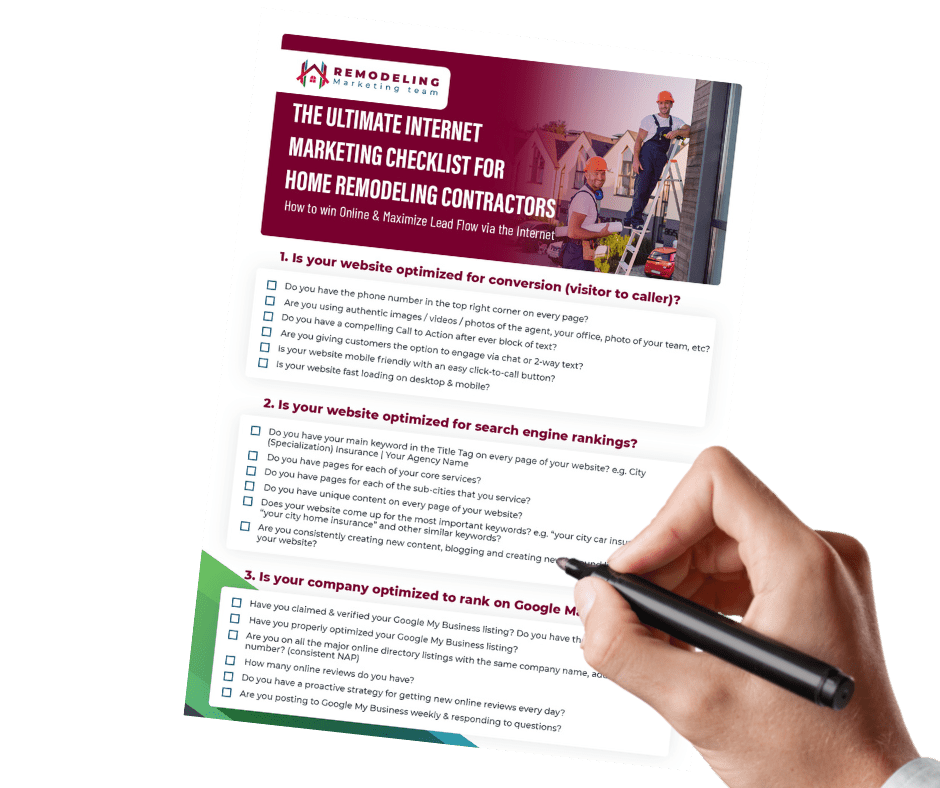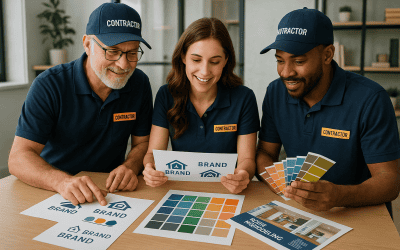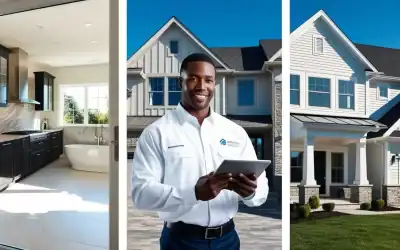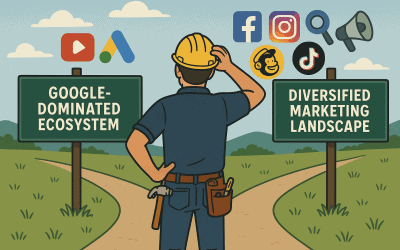In the rapidly evolving world of home remodeling, the integration of cutting-edge technology has become a cornerstone for businesses aiming to optimize operations, enhance customer experiences, and drive sales. From project management software that streamlines workflow to the use of Virtual Reality (VR) for immersive design previews, technology is revolutionizing the way remodeling companies operate and interact with their clients. This article delves into the innovative technologies shaping the future of remodeling, offering practical insights for business owners seeking to embrace these advancements.
Project Management Software: Streamlining Operations
Project management software is a game-changer for the remodeling industry. These digital platforms offer an all-encompassing solution for tracking project timelines, budget management, communication, and resource allocation. Tools like CoConstruct, Buildertrend, and Procore have become indispensable for remodeling companies by providing real-time updates, reducing paperwork, and facilitating smoother collaboration between contractors, designers, and clients.
Key Benefits:
- Enhanced Efficiency: Automate routine tasks, from scheduling to invoicing, freeing up time to focus on strategic aspects of the business.
- Improved Communication: Centralized platforms where team members and clients can track progress, exchange ideas, and make decisions quickly.
- Budget and Time Management: Monitor expenses and timelines closely, ensuring projects stay within budget and deadlines are met.
Virtual Reality (VR): Transforming Client Experience
Virtual Reality (VR) technology has transformed the way clients envision potential remodeling projects. By donning a VR headset, clients can immerse themselves in a 3D representation of their future space, walking through their newly designed kitchen or bathroom before any physical work begins. This not only enhances the decision-making process but also significantly improves client satisfaction by setting realistic expectations.
Key Benefits:
- Enhanced Visualization: Clients can explore various design options, experiencing different layouts, materials, and finishes in a life-like setting.
- Increased Engagement: VR experiences make clients active participants in the design process, leading to more personalized outcomes and higher satisfaction.
- Reduced Revisions: By previewing designs in VR, clients can request changes before construction starts, minimizing costly and time-consuming revisions later.
Mobile Applications: Accessibility and Convenience
Mobile technology plays a pivotal role in modernizing the remodeling industry. Dedicated mobile applications for project management, design visualization, and client communication make information accessible anytime, anywhere. Apps like Houzz and Magicplan allow clients to find inspiration, while contractors can use mobile tools for on-the-go project management and client updates.
Key Benefits:
- Instant Access: Both clients and contractors can access project information, design ideas, and communication tools from their smartphones, enhancing flexibility and responsiveness.
- Increased Productivity: Mobile apps streamline processes like measurement taking, material ordering, and progress tracking, boosting overall productivity.
- Improved Customer Service: The ability to quickly respond to client inquiries and provide updates enhances the overall customer service experience.
Drones and 3D Scanning: Precision and Planning
Drones and 3D scanning technologies offer unprecedented accuracy in planning and showcasing remodeling projects. Drones can capture aerial views of properties, aiding in accurate assessments and project planning. Similarly, 3D scanning allows for precise measurements and the creation of detailed models of existing spaces, facilitating more accurate renovations.
Key Benefits:
- Accurate Measurements: Reduce errors in planning and execution with precise data on existing structures.
- Enhanced Project Planning: Visualize projects in detail, from every angle, improving design and planning phases.
- Innovative Marketing: Use drone footage and 3D models to create engaging marketing materials that showcase capabilities and attract clients.
Conclusion
The integration of technology in the remodeling industry is not just a trend but a necessity for businesses looking to stay competitive in a digital age. By leveraging project management software, VR, mobile applications, drones, and 3D scanning, remodeling companies can streamline operations, enhance customer experiences, and drive sales. As technology continues to evolve, embracing these innovations will be crucial for the success and growth of any remodeling business.
This article is a collaboration between Carl Willis and OpenAI’s ChatGPT. Created on February 8, 2024, it combines AI-generated draft material with Willis’s expert revision and oversight, ensuring accuracy and relevance while addressing any AI limitations.
